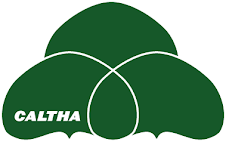The conclusions and recommendations made by the Work Groups include:
1. Increased E. coli concentrations are the most documented effects from wet weather pollution discharges.
2. Urban streams are heavily impacted by flow modifications from wet weather pollution discharges, due to unnaturally high runoff volumes.
3. A large amount of subjectivity exists in many of the existing wet weather pollution programs.
4. A lack of consistent terminology exists across programs that deal with wet weather pollution.
5. Measuring the impacts of wet weather pollution is problematic, primarily due to sampling difficulty, a lack of methods to monitor pollutants, and established means to evaluate the impacts of wet weather pollution discharges.
6. Based on available records, animal wastes are the largest, by volume, wastes that are applied to land in Michigan.
7. Good regulatory mechanisms exist for biosolids, septage, CAFO permits, combined sewer overflow (CSO), storm sewer overflow (SSO), Industrial Storm Water, Municipal
Storm Water (those under permit), Construction Storm Water and soil erosion and sedimentation control (SESC).
8. Urban infrastructure in Michigan is currently in need of a clearly defined adequate maintenance program.
9. Effective best management practices (BMP) need to be identified and BMP standards established.
10. It is difficult to understand and address total maximum daily load (TMDL) obligations for wet weather pollution discharges.
Caltha LLP provides expert environmental consultant services in Michigan to obtain environmental permits, evaluate regulatory requirements, and to develop cost effective compliance programs.
For further information contact Caltha LLP at
